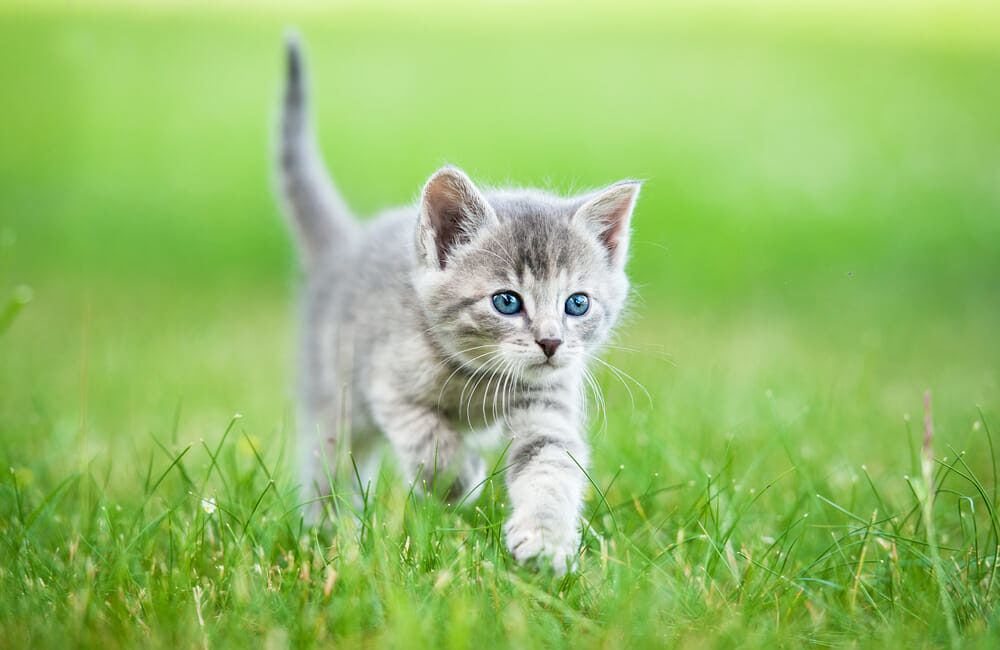As some of you may have recently read, rescue organizations in Moncton are reeling from a devastating loss, losing dozens of cats these last two weeks from a fatal virus called panleukopenia.
Sometimes called feline distemper, the infection is caused by a virus that is particularly resilient, and can survive for a year or more in a contaminated environment. Even indoor cats are susceptible since the virus — which is spread through saliva, urine, feces, blood and fleas — can be brought into a home on human footwear, clothes, or hands. While related to canine parvovirus, the feline panleukopenia virus is not the same, and it cannot be spread to dogs or humans.
The virus particularly affects a cats’ intestinal tract and bone marrow, leading to an extremely low white blood cell count and leaving the cat susceptible to other infections. Unvaccinated kittens have a high mortality rate from the virus and pet owners should be looking for specific symptoms. If owners have adopted a kitten with an unknown history (from the internet, or a rescue), one would look for anorexia, depression, vomiting and diarrhea or not doing as well as they should.
Many cats with this virus will succumb to the disease, even with treatment, so the most important thing for an owner to do is to vaccinate. It is an easy thing to do, but the one catch is they do need to be followed up throughout life. Different veterinarians may have different vaccine protocols, but a common example would be getting your kitten series (at 8, 12, and 16 weeks). Then a year later you’d booster them, then you might go every 2-3 years. Here at the Riverview Animal Health CentreF, we have the most advanced and efficacious vaccine protocol for our feline friends. It involves staggered vaccines, which means that we only vaccinate as needed by the immune system, as to not over vaccinate.
It is one of those diseases that could be nearly eliminated with vaccination, but unfortunately, we have a lot of unvaccinated cat colonies in New Brunswick, which allows the virus to remain. Cat rescue programs are doing their best to ensure the pet population is controlled to the best of their ability.
Written by: Riverview Animal Health Centre




